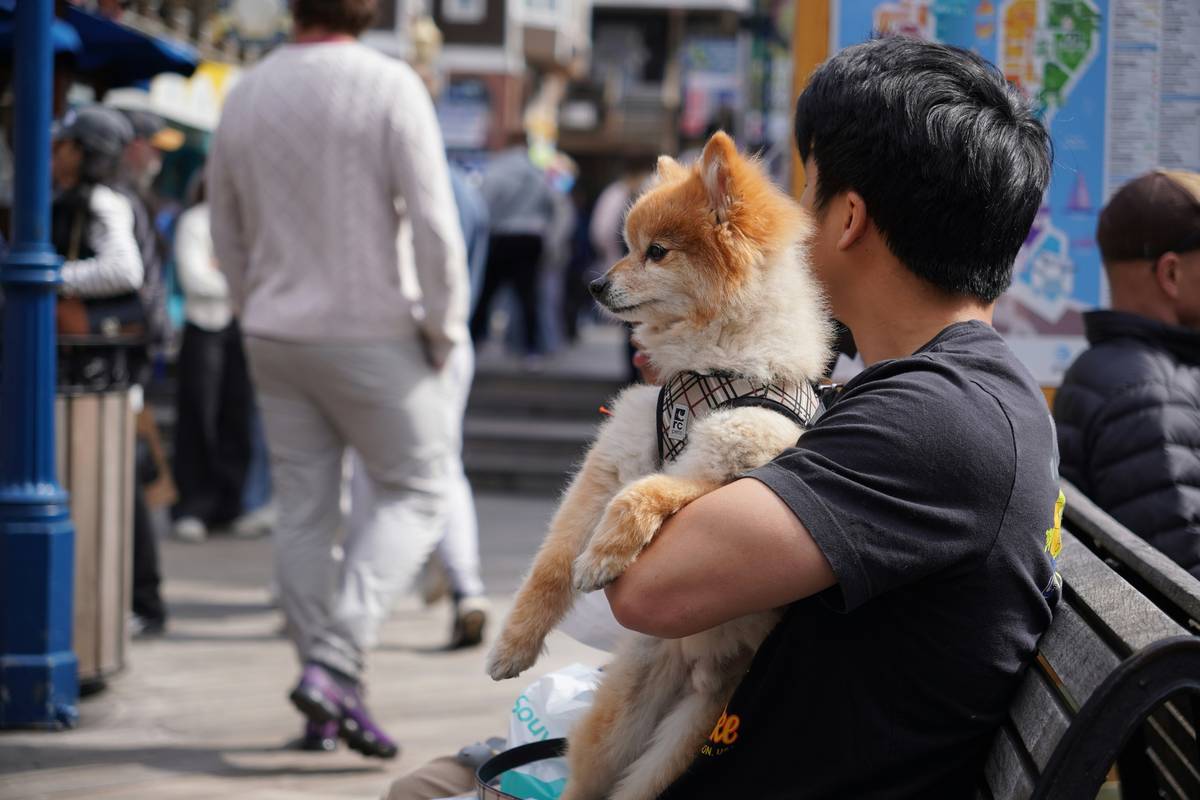“What happens when your service dog, who’s been by your side through thick and thin, starts slowing down? You know it’s coming, but how do you handle their retirement?”
If you’re here, chances are you’ve already asked yourself this question. And let me tell you—service dog retirement advice is the unsung hero of pet care conversations. Let’s dive into the nitty-gritty so you can give your four-legged partner the golden years they deserve.
Table of Contents
- Key Takeaways
- Why Service Dog Retirement Matters
- Step-by-Step Guide to Retiring Your Service Dog
- Best Practices for a Smooth Transition
- Real-Life Stories of Service Dog Retirement
- Frequently Asked Questions About Service Dog Retirement
Key Takeaways
- Service dog retirement is an inevitable phase requiring careful planning.
- A gradual transition helps both the dog and handler adapt emotionally and physically.
- Consulting professionals ensures proper medical care during retirement.
- Maintaining routine activities keeps retired dogs engaged and happy.
- Always prioritize emotional support for your dog throughout the process.
Why Service Dog Retirement Matters
Imagine spending nearly a decade training alongside someone only to suddenly step back from that partnership. That’s exactly what happens when a guide dog retires. For most handlers, this period comes with mixed emotions: gratitude for years of loyalty and concern about finding balance without them as a working companion.

But wait—here’s where I messed up big time once. My first experience transitioning a service dog hit me hard because I didn’t prepare mentally or logistically. The result? Chaos. Don’t be like me; don’t let lack of preparation turn this milestone into a mess.
*Optimist You:* “Retirement is a new beginning!”
*Grumpy You:* “Yeah, right… Until you realize just how much energy goes into retraining habits.”
Step-by-Step Guide to Retiring Your Service Dog
Transitioning doesn’t have to feel daunting. Follow these steps to ensure smooth sailing:
1. Recognize the Signs It’s Time
Paying attention to physical cues such as stiffness, hearing loss, or fatigue is crucial. These signs indicate your pup may no longer perform duties effectively.
2. Consult Your Veterinarian
Veterinary input on health conditions will provide insight into whether retirement aligns with your dog’s well-being. Remember—their comfort always comes first!
3. Gradually Reduce Duties
- Start phasing out tasks one at a time.
- Introduce alternative routines to maintain structure.
4. Prepare for Emotional Changes
This stage often brings feelings of guilt or sadness—but remember, retiring isn’t failing. It’s celebrating years of dedication.

Best Practices for a Smooth Transition
Let’s talk strategy:
- Keep Routines Intact: Even after retirement, maintaining daily walks or feeding schedules reassures your dog.
- Stay Active: Switch previous work-related exercises with fun games or light agility workouts.
- Monitor Health Regularly: Schedule regular vet check-ups to catch potential issues early.
Terrible Tip Alert: Avoid rushing the process. Abrupt changes confuse everyone involved—including Fido.
Real-Life Stories of Service Dog Retirement
I spoke with Sarah, whose guide dog Max recently retired after eight faithful years. She shared:
“It was bittersweet letting go of our work dynamic, but now Max spends his days lounging under my desk while I freelance. His tail still wags whenever we head outside—it feels like he knows he earned this rest.”

Another handler, John, adopted another dog (Luna) to take over duties while keeping Max close. Both dogs adjusted beautifully—a testament to thoughtful transitions.
Frequently Asked Questions About Service Dog Retirement
Q: What age do guide dogs typically retire?
A: Most service dogs retire between 8–10 years due to natural aging effects.
Q: Can a retired service dog live with other pets?
A: Yes! Many retired guide dogs thrive around other animals, provided introductions happen slowly.
Q: Should I adopt a new dog immediately after my current one retires?
A: Timing varies per situation, but introducing a new dog too soon can overwhelm your retiring pup. Allow ample adjustment time for both parties.
Q: Do retired guide dogs require special diets?
A: Not necessarily, though senior-specific formulas tailored to joint health are beneficial.
Conclusion
Saying goodbye to active duty doesn’t mean goodbye to love. With thoughtful service dog retirement advice, you can honor your companion’s legacy while fostering joy-filled post-career life.
And there you have it—your cheat sheet for tackling this monumental moment. Just like Pokémon Evolution scenes, every stage deserves celebration. 🎉🐾
Like taping your favorite childhood cartoon reruns, giving your guide dog the perfect retirement means cherishing memories—not overthinking endings. Chef’s kiss.


